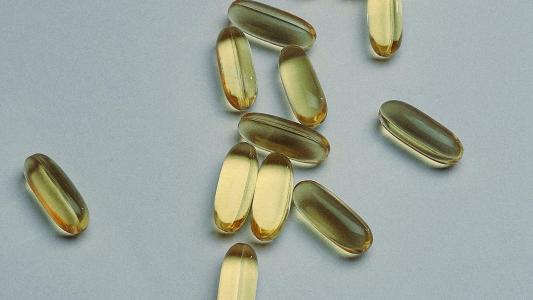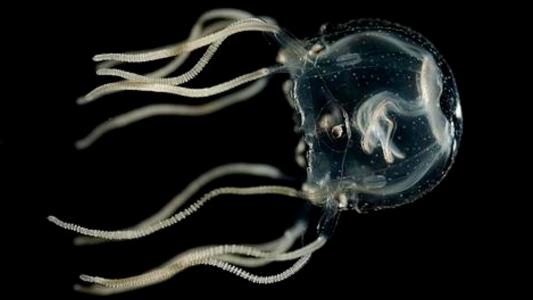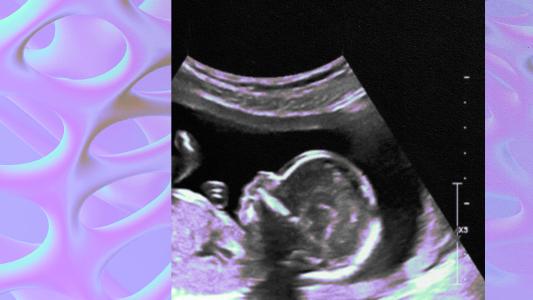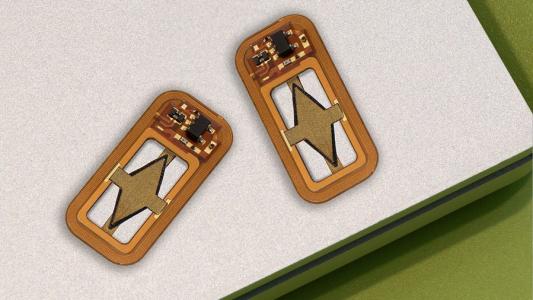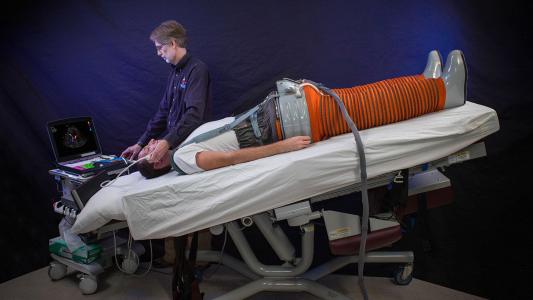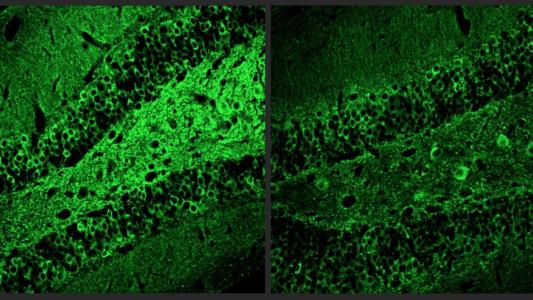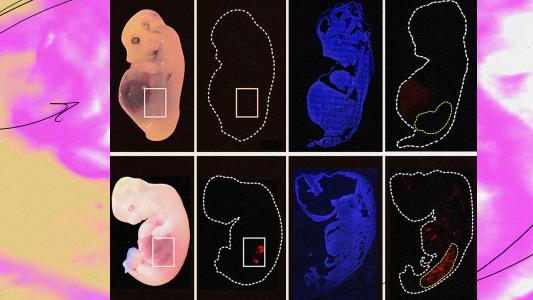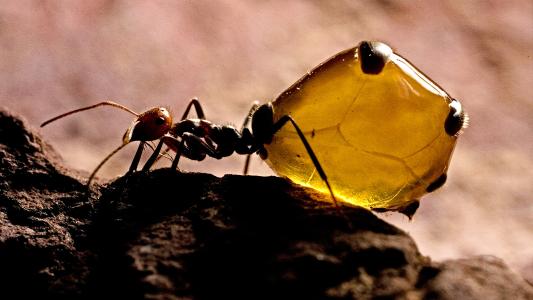Biology
What does the evidence say about omega-3 fats for heart disease, dementia, and arthritis?
Are fish oil supplements as good for preventing heart disease, dementia, and other health conditions as we think? Or is eating fish better?
Jellyfish surprise scientists by learning without a brain
Researchers demonstrate that Caribbean box jellyfish don't just float around aimlessly. They learn and adapt to their environment.
Artificial wombs for preemies move closer to human trials
A panel of FDA advisors has met to discuss the development of artificial wombs designed to help extremely premature babies survive.
An implantable device could enable injection-free control of diabetes
MIT engineers designed an implantable device that carries islet cells along with its own on-board oxygen factory to keep the cells healthy.
Spending time in space can harm the human body − but scientists are working to mitigate these risks before we go to Mars
With NASA planning more missions to space in the future, scientists are studying how to mitigate health hazards that come with space flight.
Can you speed up your metabolism? And should you?
Our metabolism is the force inside our bodies that mysteriously decides whether to convert food into energy or weight.
Molecule reduces inflammation in Alzheimer’s models
A potential new Alzheimer’s drug represses the harmful inflammatory response of the brain’s immune cells, improving cognition in tests.
Scientists grow “human-ish” organs in pigs for the first time
Partially human kidneys have been grown in pig embryos, marking the first example of anyone growing solid human organs in another species.
Can’t afford a gym membership? Add these 3 things to your workout routine
With gym memberships and fitness classes are becoming increasingly unaffordable, you can make just as much progress at home.
Australian ant honey inhibits tough pathogens, new research shows
Honeypot ant honey may help develop our arsenal of effective antibacterial and antifungal treatments, which are increasingly vital.
